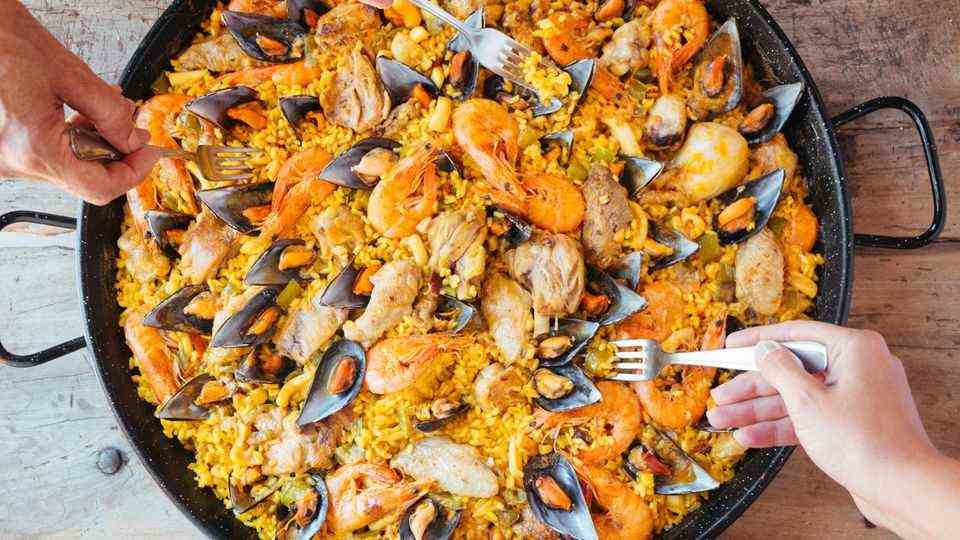Muesli under a magnifying glass
Öko-Test examined 50 fruit mueslis – and found some of them forbidden pesticides
Öko-Test put 50 different types of muesli under the microscope
© Öko-Test
Öko-Test examined a total of 50 fruit mueslis and even found chemicals: pesticides that are banned in the EU have been detected in numerous products.
Öko-Test took a close look at mueslis with a fruit content of 7 to 55 percent. These included products from Alnatura, Dr. Oetker, Knusperone and 29 organic mueslis.
The result shows that not all fruit mueslis are really healthy: “The product group has a problem with mineral oil and pesticides,” they say. There is also talk of “whole pesticide cocktails”. The possible health risks from interactions have so far hardly been researched.
Contamination with saturated mineral oil hydrocarbons (MOSH) was detected eleven times. Aromatic mineral oil hydrocarbons (MOAH), which have been found in some products, are even more questionable. This also includes carcinogenic compounds. Organic products are largely unaffected by pesticides.
As a result, eleven fruit mueslis failed with “poor” or “unsatisfactory”. The “Seitenbacher Muesli gluten-free” holds the negative record with 31 pesticides in one pack. Pesticides that are banned in the EU were found in six cereals. The fact that the injection poisons are still allowed in other countries and that the ingredients could theoretically come from such countries does not make things any better. The chemicals are ultimately banned in the EU – for example because of mutagenic or carcinogenic properties or because the substances are poisonous for bees and endanger insects and birds. Glyphosate, which is suspected of being carcinogenic, was found in five mueslis. Some other cereals were just mediocre.
Some cereals with a lot of sugar
Another point of criticism is the sugar it contains. Even the label “no added sugar” is no guarantee for an excessively high amount of sugar. Some cereals are made up of more than a quarter of sugar, although sugar, cane sugar or glucose syrup is not on the list of ingredients. The sweetness is natural and comes mainly from the dried fruit. For the body, however, sugar remains sugar, they say.
On the other hand, 21 products received top marks. The “Bio Sonne Organic Muesli Fruit” from Norma at a price of EUR 2.49 and the “Organic Central Muesli Raspberry Currant” from “Bio-Zentrale” at a price of 5.32 euros received “Very Good” ratings.
Source: Öko-Test
You can find the complete investigation by Öko-Test here


